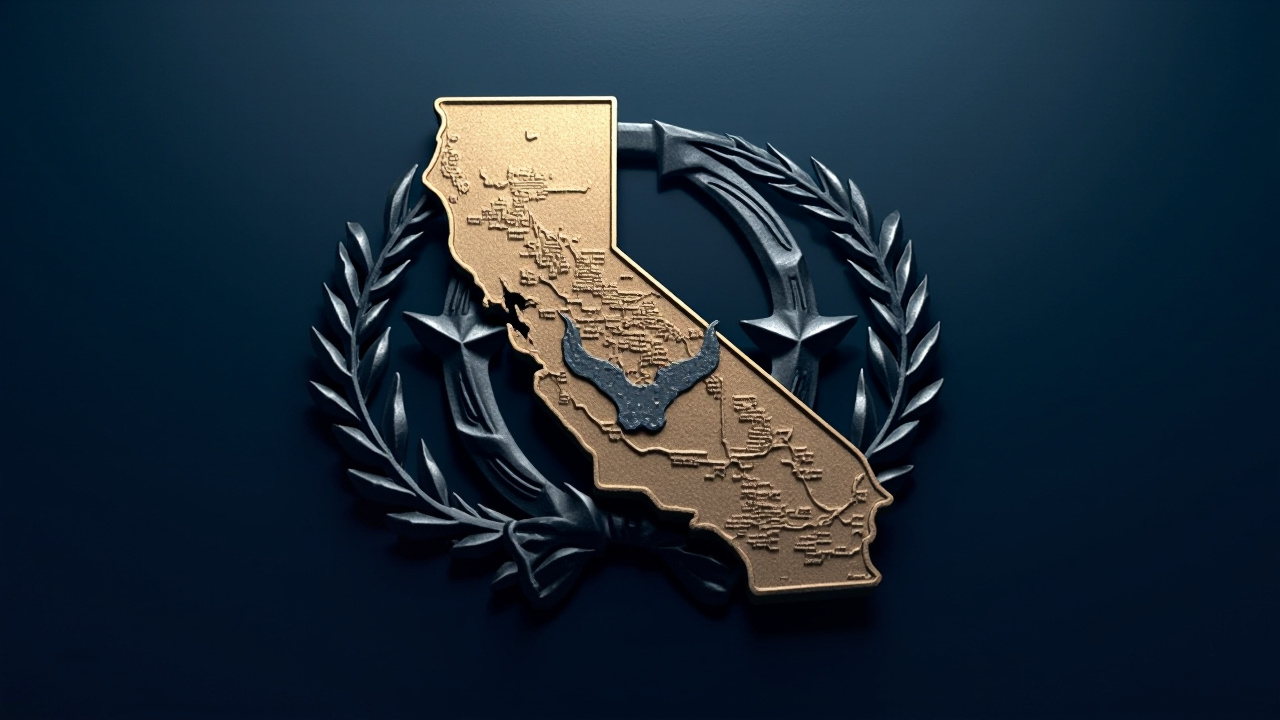FanDuel's New Surcharge Impact on Illinois Sports Betting Market Changes

The recent decision by FanDuel to implement a 50-cent surcharge on wagers in Illinois in light of increased state taxes marks a significant moment in the evolving landscape of sports betting. This move not only underscores the financial realities facing leading sportsbooks but also raises critical questions about long-term strategies in a market that is increasingly influenced by taxation and regulation. As more states consider similar tax hikes, it’s essential for investors and analysts alike to scrutinize how this surcharge could initiate a ripple effect across the broader gaming industry.
At the crux of FanDuel's surcharge is an Illinois tax structure that has dramatically escalated the taxation burden on sportsbooks, propelling rates from 15% to a staggering 40% for high-grossing operators. This regulatory environment highlights a crucial trend: states are banking on sports betting as a lucrative revenue stream, yet the implications may be counterproductive. Flutter Entertainment's CEO, Peter Jackson, articulates a vital point regarding the optimal tax level, suggesting that overly aggressive taxation risks driving consumers toward unregulated platforms. If this exodus occurs, it could undermine the very revenue states seek to generate and disadvantage legitimate operators who have contributed to market stability and consumer protections.
The planned surcharge is anticipated to yield an additional $79 million in revenue for DraftKings, equating to 5.4% of projected EBITDA for 2026, while FanDuel expects an additional $86 million, representing about 2% of its EBITDA. However, these figures prompt a significant question for investors: are such surcharges sustainable in a competitive landscape? The quick reaction from DraftKings, suggesting they may adopt similar measures, indicates that the expected social backlash against passing costs to consumers remains a considerable risk. The increased cost primarily affects recreational gamblers who place smaller bets, a demographic that could ultimately reduce overall participation in regulated markets.
As states like New Jersey, Maryland, and Massachusetts deliberate similar tax increases, the potential for a broader trend of surcharges could ripple beyond Illinois. However, investors should remain cautious. While these fees could bolster short-term revenues, they might simultaneously deter consumer engagement and foster a migration to unregulated betting options. Thus, the key challenge ahead for sportsbooks will be finding a balance between regulatory compliance and maintaining a competitive edge. As history has shown during the dot-com bubble and other regulatory shifts, overreach can stifle innovation and market expansion.
In conclusion, as investors reflect on FanDuel's new surcharge strategy amidst rising state taxes, they must also evaluate the broader implications for both established players and new entrants in the sports betting arena. While the immediate financial projections appear promising, stakeholders should remain acutely aware of potential long-term risks, including consumer backlash and market fragmentation. The evolving landscape, shaped by regulatory actions, may create both challenges and opportunities. Investors seeking to capitalize on this growth sector would do well to closely monitor upcoming legislative developments and consumer behavior trends in the wake of these changes.
Read These Next

Zuckerberg's $14 Billion Bet on Scale AI in AI Pivot
Mark Zuckerberg's $14 billion investment in Scale AI marks a significant pivot for Meta in the competitive landscape of artificial intelligence, signaling a strategic approach to bolster its technological standing amid rivals.

Boosting Regional Development: Upgrading China-South Asia Trade
At the 9th China-South Asia Expo, businesses emphasized trade benefits, showcasing innovation to deepen economic ties in agriculture and healthcare.

Trump Federalizes California National Guard: Prelude to Broader Market Shifts?
The ongoing legal battle regarding President Trump's control over the California National Guard, a move deemed illegal by a federal judge and temporarily blocked by an appeals court, raises significant questions about federal authority and governance. The implications extend beyond legal precedents to considerations of national security, defense spending, and potential market dynamics that could arise as the situation evolves.
